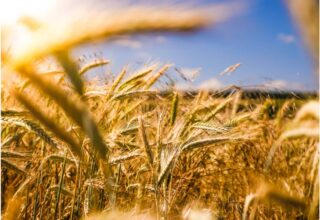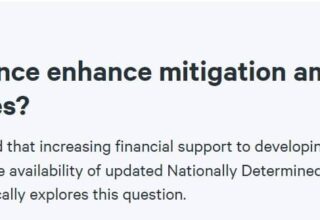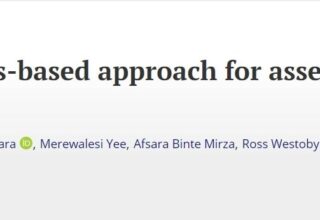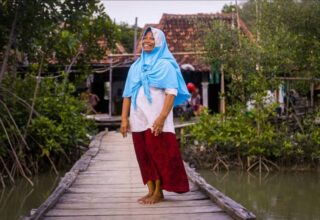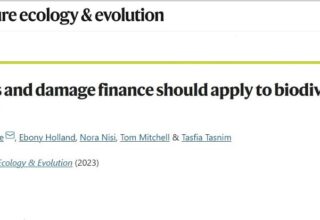Abstract
The COVID-19 pandemic is an evolving urban crisis. This research paper assesses impacts of the lockdown on food security and associated coping mechanisms in two small cities in Bangladesh (Mongla and Noapara) during March to May 2020. Due to restrictions during the prolonged lockdown, residents (in particular low-income groups) had limited access to livelihood opportunities and experienced significant or complete loss of income. This affected both the quantity and quality of food consumed. Coping strategies reported include curtailing consumption, relying on inexpensive starchy staples, increasing the share of total expenditure allocated to food, taking out loans and accessing relief. The pandemic has exacerbated the precariousness of existing food and nutrition security in these cities, although residents with guaranteed incomes and adequate savings did not suffer significantly during lockdown. While coping strategies and the importance of social capital are similar in small and large cities, food procurement and relationships with local governments show differences.
Authors:
Hanna A Ruszczyk, M Feisal Rahman, Louise J Bracken, Sumaiya Sudha
Click Here To Download PDF
